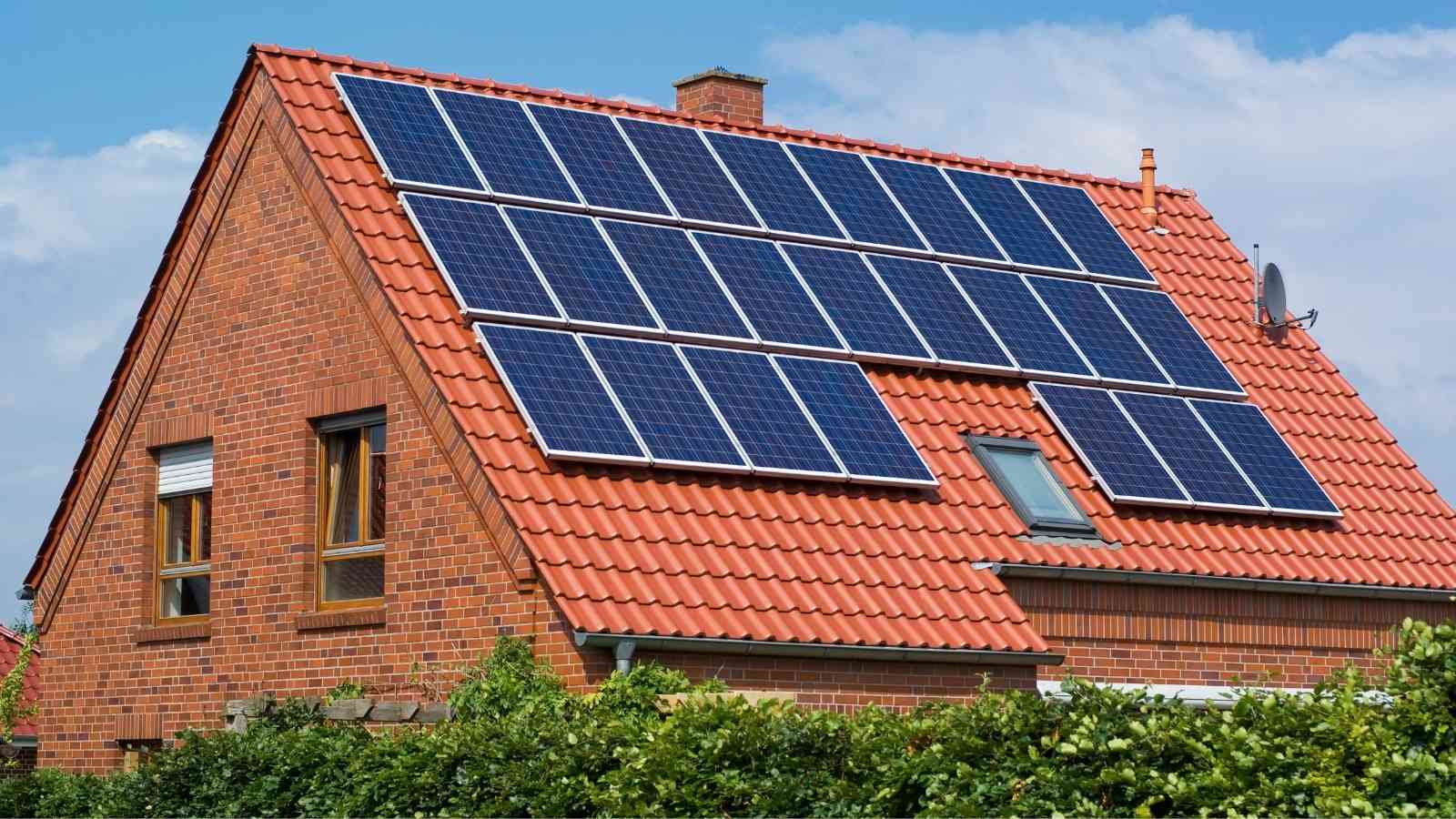The electricity demand grew 6% globally last year, so it's no surprise that costs keep increasing. Yet, the need to reduce our carbon footprint has much thinking about other energy sources. The environmental impact of solar is now a subject on the minds of many.
Several countries have looked to alternate sources like solar energy to reduce the reliance on fossil fuels. But do we know what the solar impact is on our environment?
There is no perfect system for creating the energy we crave, but residential solar is gaining popularity. Keep reading if you wonder about a home solar system as a viable alternative. This guide provides what you need to know about solar panel impact versus other energy sources.

Solar Impact Cons
Every energy source requires an infrastructure to make it work, and a solar system is no exception. Mining and manufacturing materials are essential to creating a practical solar energy resource. For example, quartz is the main ingredient for making solar panels, so the raw material must get extracted from the earth.
While solar systems require no water or chemicals to perform, the parts used to make solar panels need these vital elements. As a result, silicon and semiconductors must use hazardous chemicals to produce a useable product. Chemical waste must then get disposed of reasonably.
Depending on location, the environmental impact of solar might also affect the use of land. For example, vast fields of solar panel farms may take up useable agricultural territory. Yet, the first concern with solar impact is recycling or disposing of older material.
Solar Impact Pros
The lifespan of a residential solar system has increased over the years. So although recycling is a concern, people are using their solar system longer. In addition, once the panels get constructed and installed, there is virtually no impact on the environment.
Industrial applications of solar get placed where the land has little other use, such as desert terrain. These drier climates may require more water for cooling a solar system, but the tradeoff is negligible compared to conventional electrical power.
The carbon footprint left by solar panel impact might be more significant than wind power at first glance. A solar system takes up more useable land in some regions. Yet, solar panel impact reduces through the installation's lifespan once in place.
The environmental impact of solar begins at a high level. But over time, solar energy becomes virtually carbon-free and an efficient source of electric energy. Refer to https://blueravensolar.com/kentucky/leading-solar-installer-in-louisville/ for more information on the residential solar impact.
The Future of Solar Energy
As with any relatively new technology, the solar system of drawing energy will improve over time. It takes less than two years to recoup the energy to create a solar system infrastructure. In time, the solar impact on renewable energy sources will outweigh the initial costs.
The environmental impact of solar is as much a concern as any other energy source. But unlike many, solar energy is in endless supply. So if you found this solar impact study helpful, come back here for more insightful articles.
